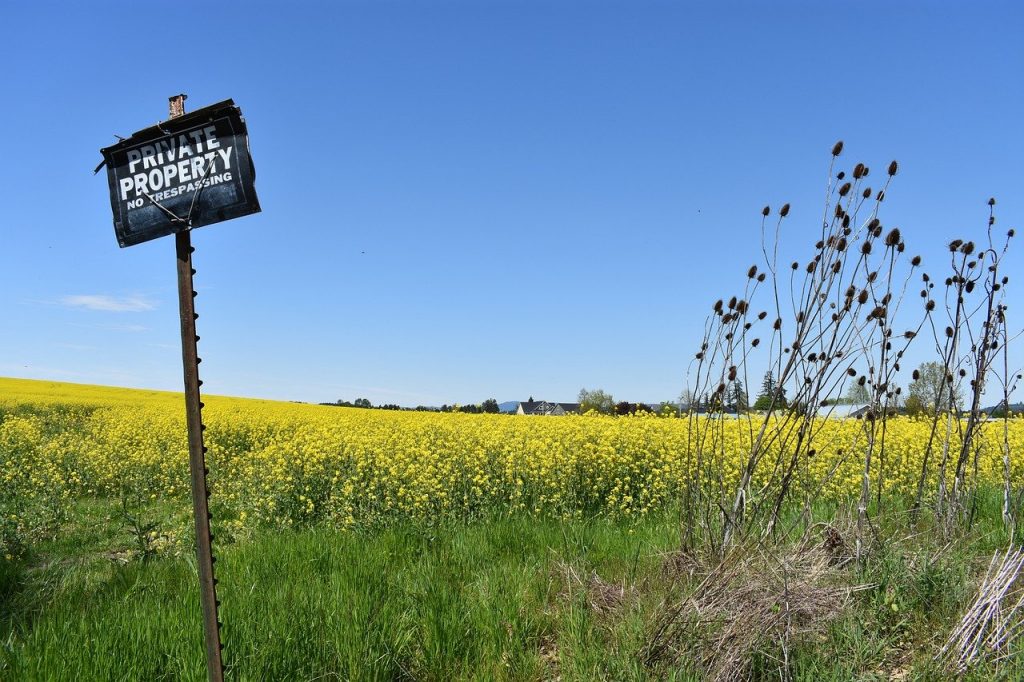
Community Land Trusts
What Is It?
A Community Land Trust, or CLT, is a tool for land conservation and shared equity. Legally, it is defined as a non-profit organization governed by a board of neighbors who purchase land and hold it in perpetuity under a covenant. The land is not subject to taxes and never appreciates in value, keeping property taxes stable, ensuring that housing remains affordable for generations, and preventing gentrification.
The most immediately traceable roots are grounded in the Civil Rights Movement of the 1960s. New Communities, Inc., which was founded in southwest Georgia in 1969 as a collective farm, is widely recognized as the progenital model. Its founders saw collective land ownership and bottom-up decision-making as tools to help their community survive attacks from the many-headed beast that was Jim Crow. The CLT model they devised navigated the racism coursing through the banking, lending, and developing sectors, which restricted Black access to mortgages and land. In addition to economic equity, affordable housing, and community self-sufficiency, they aim to cultivate a “restorative landscape for human meditation and health.”
What Does it Do?
CLTs can help us to carve out zones of autonomy within the totalizing capitalist grid and prefigure the resurgent spread of the commons.
But for CLTs to uproot the spatial violence of private property, they have to stay radical. Too often, Olivia Williams warns in an essay for Jacobin, CLTs are being seen as a tool for shoehorning more people into capitalist property ownership, rather than as tool “that empowers poor, working-class, and marginalized people to take control of the land they occupy.” The covenant of the CLT can be a visionary force that protects a community from internal mission creep as much as from outside forces.
How Can It Be Accessed?
There are already-existing CLTs all across the US! But any community can start their own CLT using the following resources:
Community Wealth CLT guide
The US Solidarity Economy Network’s Resources page